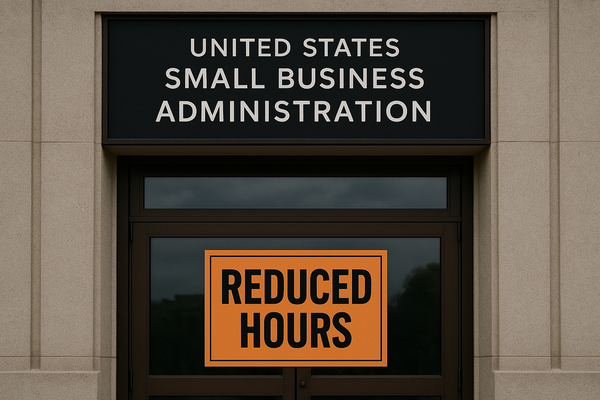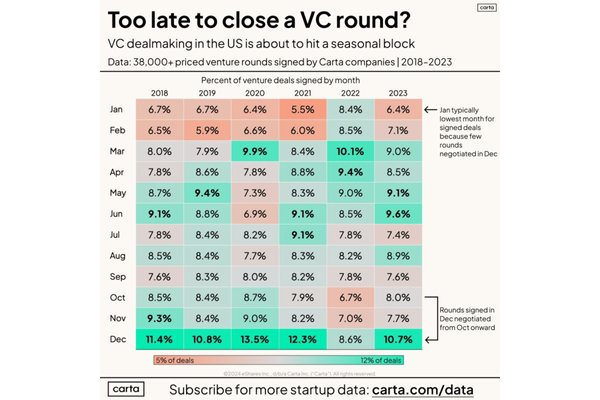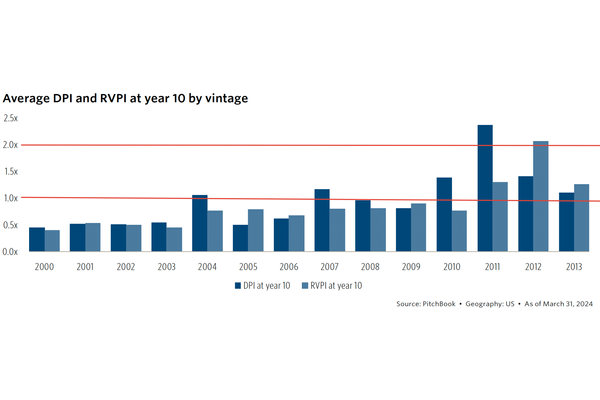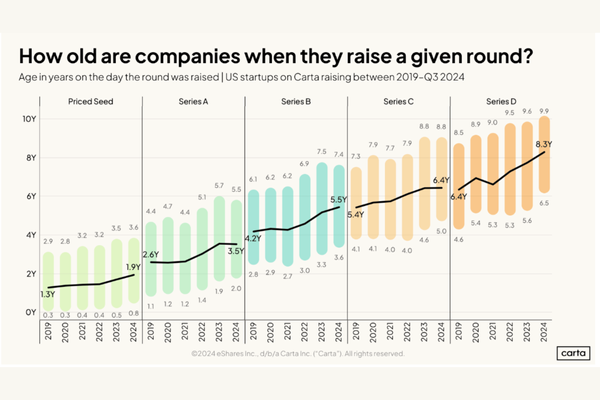Only Revenue Equals Revenue
HuffPost has published a piece about the rise and fall of Mic.com. It's worth a read to get some perspective on what it's like to build a startup in a frantic search for a sustainable business model.
There are a few good takeaways here that I might come back to in the coming weeks. But there is one obvious lesson that jumped out at me.
______ Does Not Equal Revenue
Fill in the blank as appropriate to your business.
Video Views Do Not Equal Revenue
Pageviews Do Not Equal Revenue
Foot Traffic Does Not Equal Revenue
Email Signups Does Not Equal Revenue
Only Revenue = Revenue
And when revenue isn't there, companies tend to hang on to other metrics that tell a positive story of 'momentum' and 'growth'.
There is this quote from the article:
We had to show audience growth,” said a separate former executive at the company. “As a company that was venture-backed, that was important.
Notice that it wasn't about revenue growth. They couldn't figure out how to deliver revenue growth. So the focus shifted to audience growth.
I've seen companies that are spending an incredible amount of marketing dollars to drive traffic to web sites to create pageviews. When asked why, I've had marketers tell me that pageviews = ad revenue.
No. It doesn't. Pageviews create inventory to sell, but if no one buys it, there is no revenue.
This is a problem across companies of all sizes, but especially in startups, where founders feel the need to show growth and engagement somewhere so that they can get to the next round before the cash runs out. But chasing these vanity metrics burns cash at a rapid rate, and it becomes a race to the bottom.
This quote also stood out for me:
One former executive at the company explained that the $60 million the company took in necessitated lofty goals and a substantial return. Ideally, venture capitalists search for a “10x return” on their investments. In the media business, however, “it’s hard to get there in the time horizon that a venture capital business wants,” the former executive said.
In a startup, you're going to feel pressure to show 'growth' somewhere. That pressure might come from your Board, your investors, or just from that voice in your head that is casting doubts on the whole endeavor.
When you unlock that sustainable business model, leaning into it as hard as you can makes all the sense in the world.
But until you find that product-market fit that can deliver real cash flow and a sustainable business model, be careful not to chase metrics that look great on slides but serve only to burn your cash faster and faster. It's an easy trap to fall into, but it's one the main reasons why startups have such high failure rates.




